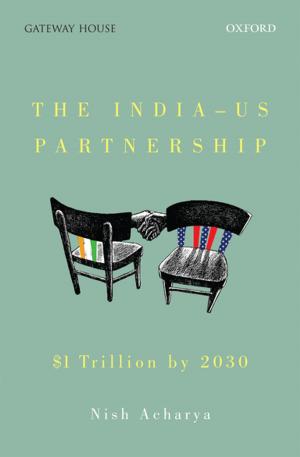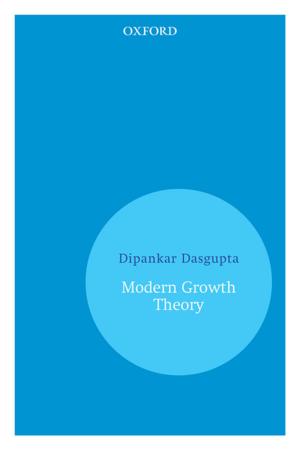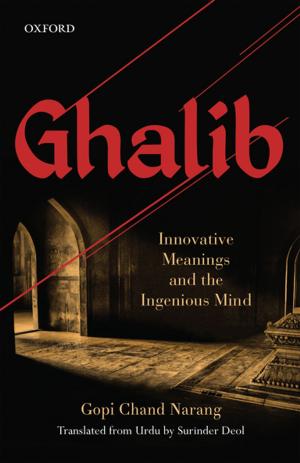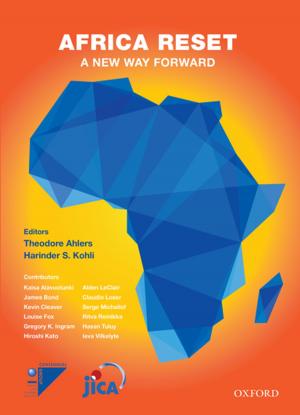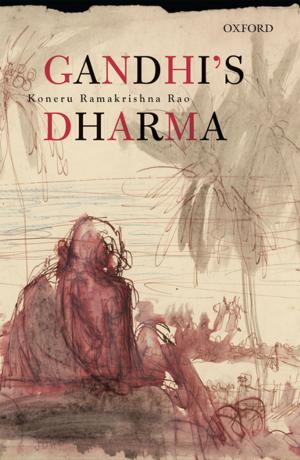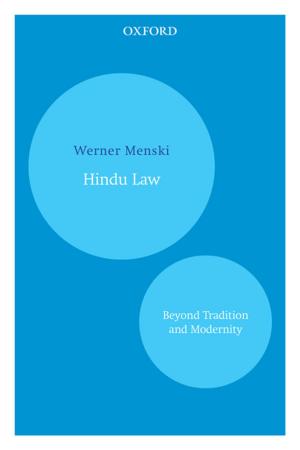In the Land of Buried Tongues
Testimonies and Literary Narratives of the War of Liberation of Bangladesh
Nonfiction, History, Modern, 20th Century, Fiction & Literature, Literary Theory & Criticism| Author: | Chaity Das | ISBN: | 9780199091416 |
| Publisher: | OUP India | Publication: | June 29, 2017 |
| Imprint: | OUP India | Language: | English |
| Author: | Chaity Das |
| ISBN: | 9780199091416 |
| Publisher: | OUP India |
| Publication: | June 29, 2017 |
| Imprint: | OUP India |
| Language: | English |
The War of Liberation of Bangladesh in 1971 reopened the barely healed wounds of the Partition of 1947. A third nation was carved out leaving in its wake a trail of violent experiences and memories. Murder, rape, arson, plunder, custodial torture, refugees, and bombings inked the script of a fraternal war. The rise of military dictatorship and the execution of war criminals marked the war’s long afterlife. This book takes stock of the legacy of a war of liberation and its memorialization in literature, both fictional and testimonial. Chaity Das moves away from India- and Pakistan-centric descriptions of the war, focusing instead on the men and women who suffered in the war. Their ‘buried voices’ are brought to the fore with the help of war memoirs and testimonials, and untapped fictional and non-fictional accounts. In her depiction of the deeply gendered universe of war, the obscure borders between perpetrators and victims become visible. By analysing the works of Akhtaruzzaman Elias, Tahmima Anam, Intizar Husain, Kamila Shamsie, and Sorayya Khan, Das reveals the traumas of the past lying unburied under the nationalistic histories of victory and loss.
The War of Liberation of Bangladesh in 1971 reopened the barely healed wounds of the Partition of 1947. A third nation was carved out leaving in its wake a trail of violent experiences and memories. Murder, rape, arson, plunder, custodial torture, refugees, and bombings inked the script of a fraternal war. The rise of military dictatorship and the execution of war criminals marked the war’s long afterlife. This book takes stock of the legacy of a war of liberation and its memorialization in literature, both fictional and testimonial. Chaity Das moves away from India- and Pakistan-centric descriptions of the war, focusing instead on the men and women who suffered in the war. Their ‘buried voices’ are brought to the fore with the help of war memoirs and testimonials, and untapped fictional and non-fictional accounts. In her depiction of the deeply gendered universe of war, the obscure borders between perpetrators and victims become visible. By analysing the works of Akhtaruzzaman Elias, Tahmima Anam, Intizar Husain, Kamila Shamsie, and Sorayya Khan, Das reveals the traumas of the past lying unburied under the nationalistic histories of victory and loss.



